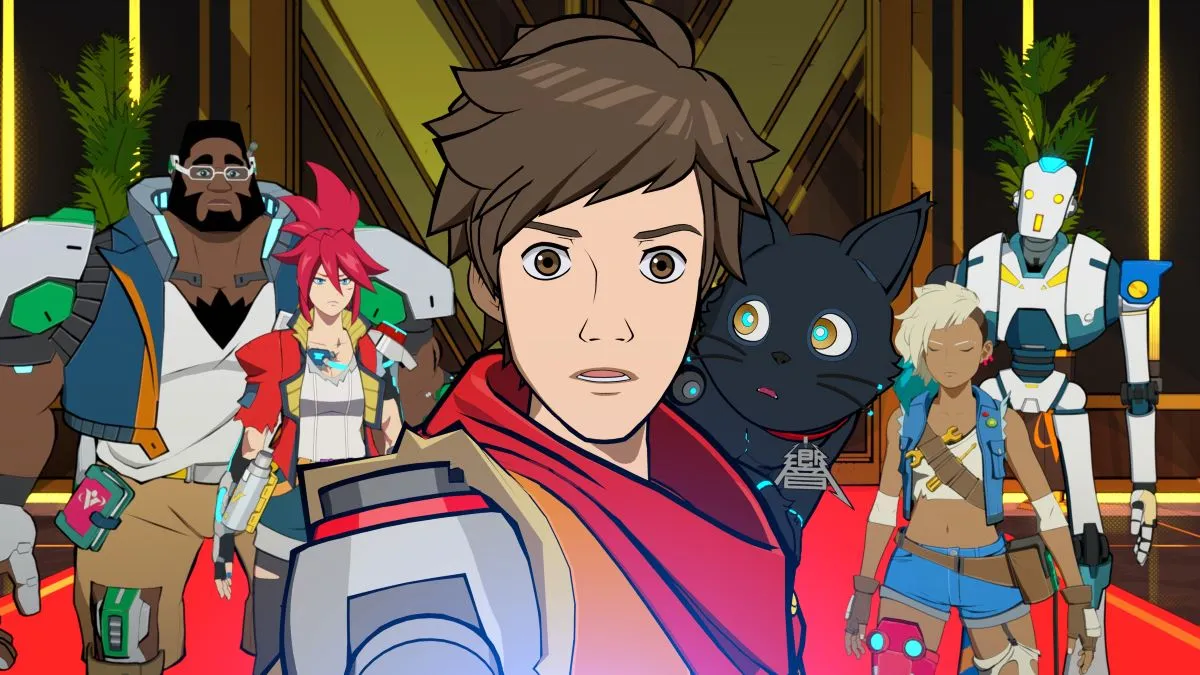Yesterday Microsoft quietly marched several beloved development studios behind the old barn and whispered “kneel” into their trembling ears. Xbox chief Phil Spencer readied his shotgun and a single tear fell from his eye before… *BLAM* he unceremoniously painted the wall with their brains.
The death of Tango Gameworks, responsible for last year’s incredible Hi-Fi Rush was the most bitter pill to swallow, but the loss of Arkane Austin is also exceedingly sad. These closures come against a backdrop of massive layoffs across the increasingly beleaguered gaming industry, so why not go further? Much further.
Phil, if you’re reading, let’s get the unpleasantness over now and free the remaining development studios from their terrified limbo. It won’t be nice to see esteemed developers like Ninja Theory, Doublefine, Rare, id Software, MachineGames, and Obsidian tossed into a mass grave, but sacrifices must be made to appease shareholders. And, once that’s done, simply wrap up the Xbox division altogether and let Microsoft focus on the relatively risk-free creation of operating system updates and business software.
And hey, if a trillion-dollar company making record profits can’t make Xbox work, maybe it’s time for Sony, Nintendo and the rest to ponder whether the whole “video game industry” thing was ever a good idea.
Would we even be losing out on much? After all, for a solid decade games have been getting steadily worse. Sure, there have been some fun outliers, but the overall trend is that the industry is congealing into a sickening games-as-a-service sludge. Modern shareholder logic dictates that a game can’t simply sell well, but that every sold unit must continue generating revenue far into the future. The inexorable result is that modern gaming has transformed into a hamster wheel, demanding players sprint as fast as possible just to stay in the same place.
A glance across the moldering corpses of the likes of Redfall, Suicide Squad: Kill the Justice League, Marvel’s Avengers, Anthem, and many many more proves that even this predatory service model doesn’t work. So, if traditionally designed games don’t make money and service games are a ticket to ruin, it’s clearly time to call it a day on gaming as a profitable entertainment medium.
You might argue shutting down the gaming industry would put legions of creative and talented people out of work. But, frankly, in the long run it’d be an act of mercy. Anyone who follows the games press will know that working for a major development studio is a nightmare of poor management, broken dreams, insane work hours, low pay, and zero job security. And that’s not even getting into the sexual harassment. Call it mass layoffs if you want, I prefer to think of it as emancipation.
Now, this wouldn’t be the end of gaming. There are already way too many excellent video games on shelves – more than enough to keep any gamer entertained for the rest of their lives. Plus, while the concept of “Triple A” games with budgets in the hundreds of millions of dollars is clearly no longer economical, small indie teams may still be able to eke out a living with niche titles.
It’s been fun watching video games grow from a geeky subculture to a cultural behemoth. But, just like the dinosaurs, the meteor has entered the atmosphere and the party is well and truly over. Let’s hope whatever crawls from the wreckage learns from our mistakes.
